Optimal Timing for Storm Restorations
Storm restorations are most effective when performed during periods of calm weather, allowing for thorough inspections and repairs without the interference of ongoing weather conditions. Timing restorations after storm seasons ensures that damages are identified and addressed promptly, reducing the risk of further deterioration.
Conducting inspections immediately after storms helps identify damage early, preventing further issues and facilitating timely repairs.
Scheduling restorations during calmer months minimizes delays and allows for comprehensive work when weather conditions are predictable.
Avoiding storm seasons ensures that restoration work is not interrupted by rain, wind, or other adverse weather conditions.
Pre-storm preparation can include reinforcing structures and securing vulnerable areas before storm events occur.
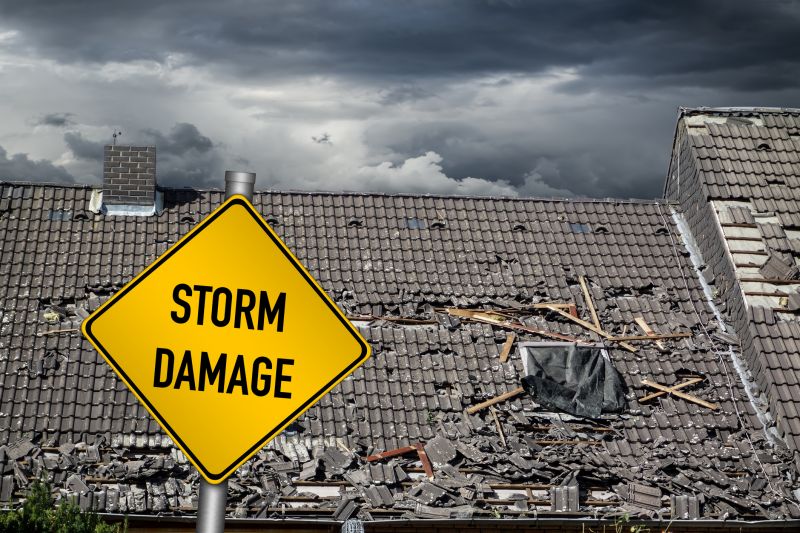
Evaluating damage after storms is critical for planning effective restorations.
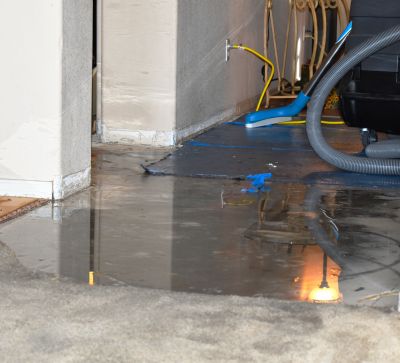
Immediate repairs can mitigate further damage during storm events.
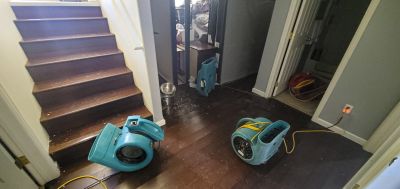
Strategic planning ensures timely and efficient restorations.
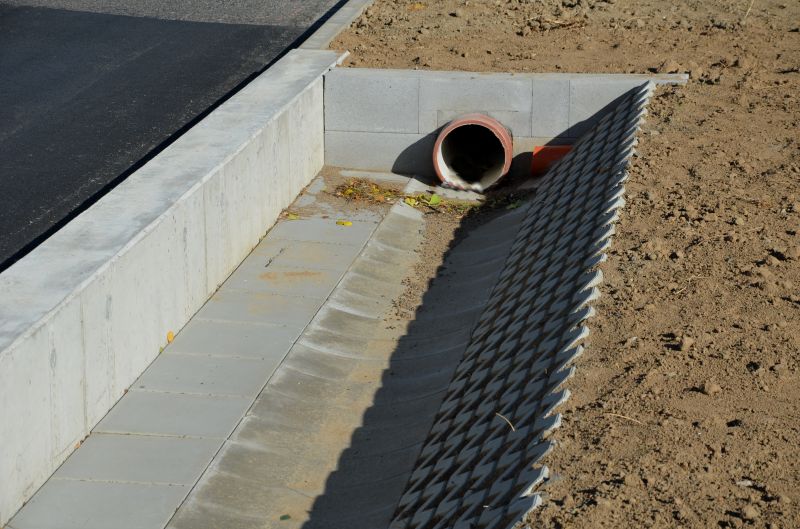
Ways to make Storm Restorations work in tight or awkward layouts.
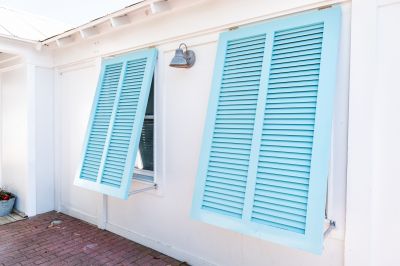
Popular materials for Storm Restorations and why they hold up over time.
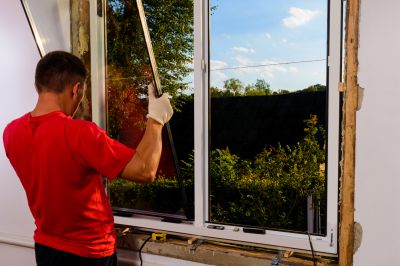
Simple add-ons that improve Storm Restorations without blowing the budget.
| Aspect | Details |
|---|---|
| Optimal Timing | Post-storm and off-season months are ideal for restorations. |
| Weather Impact | Restorations are best when weather conditions are predictable and stable. |
| Damage Detection | Early assessment after storms prevents further deterioration. |
| Preparation | Pre-storm reinforcement reduces damage risk. |
| Seasonal Planning | Align restoration schedules with local weather patterns. |
| Safety Considerations | Work during calm weather minimizes hazards. |
| Resource Availability | Off-season periods often have more available contractors. |
| Cost Factors | Timing can influence restoration costs and scheduling. |
Storm restorations involve repairing and restoring structures damaged by severe weather events such as hurricanes, high winds, and heavy rain. Proper timing ensures that repairs are effective and durable, reducing the likelihood of future issues. Restorations may include roof repairs, siding replacement, window sealing, and structural reinforcements. Accurate assessment and timely intervention are essential for maintaining the integrity of properties in storm-prone areas.
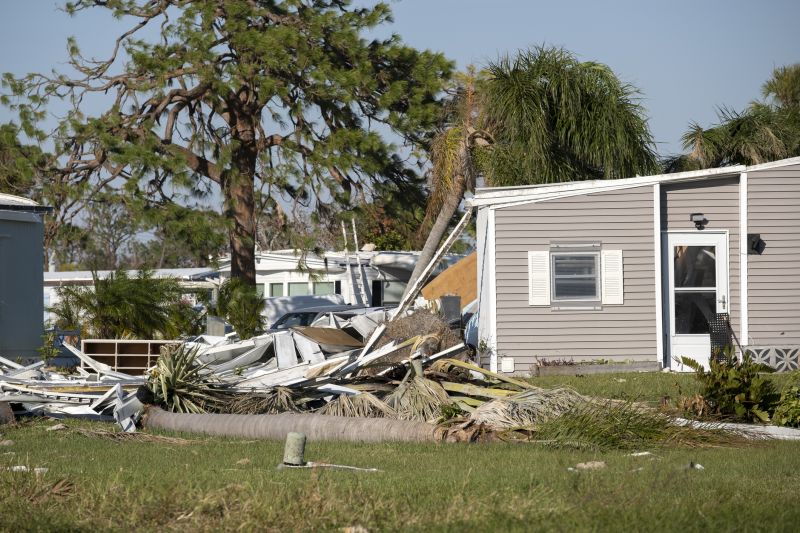
Restoring properties damaged by storms to their original condition.
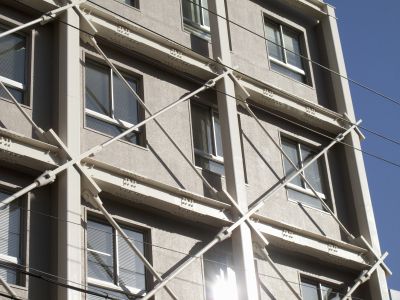
Enhancing building resilience against future storms.
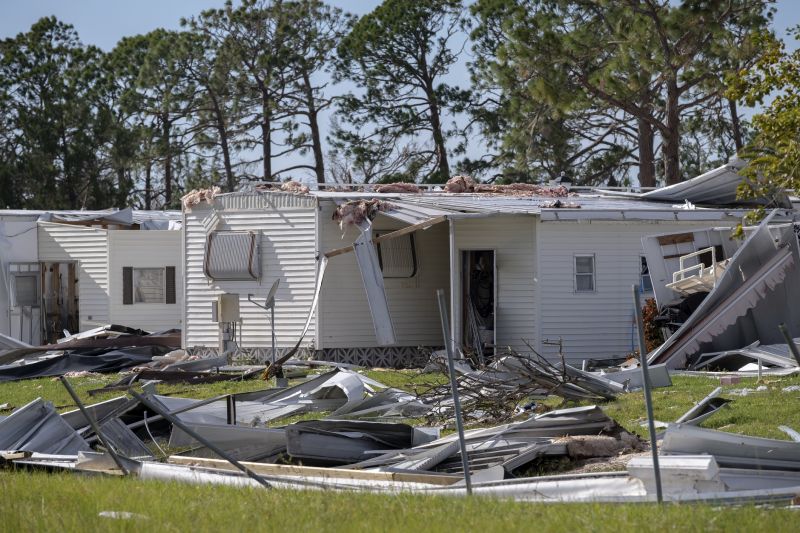
Repairing and strengthening roofs after storm damage.
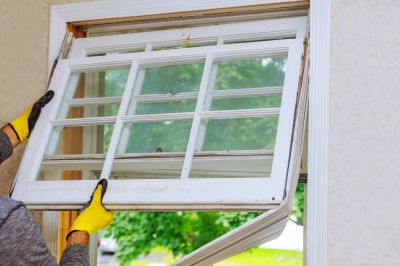
Restoring siding, windows, and exterior finishes.
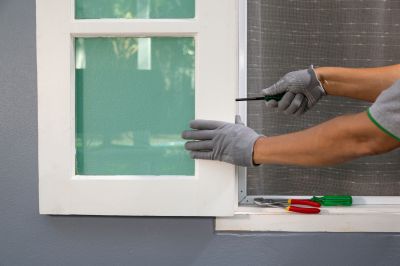
High-end options that actually feel worth it for Storm Restorations.
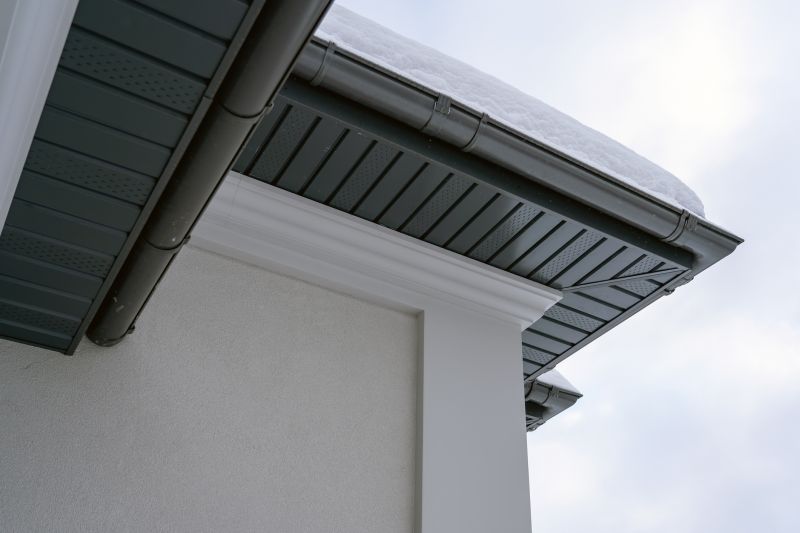
Finishes and colors that play nicely with Storm Restorations.
Understanding the optimal timing for storm restorations can significantly impact the effectiveness and longevity of repairs. Planning ahead and acting promptly after storm events are crucial steps in maintaining property safety and integrity in storm-prone areas like Ormond Beach, FL.
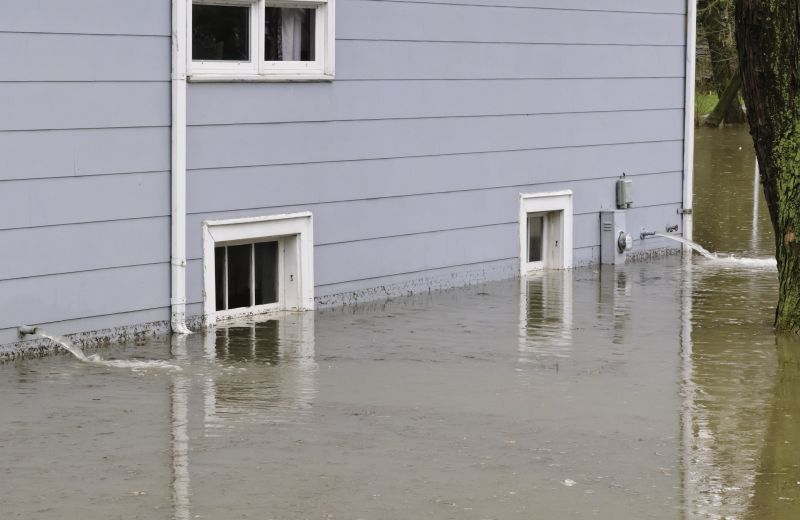
Assessing damage to determine necessary repairs.
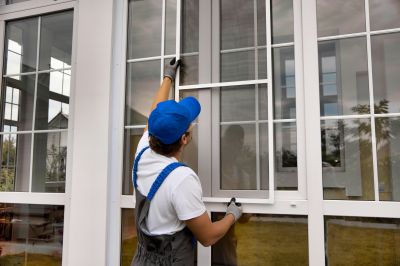
Pre-storm measures to minimize damage.
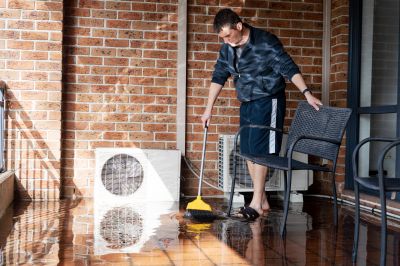
Restoration efforts after storm events.
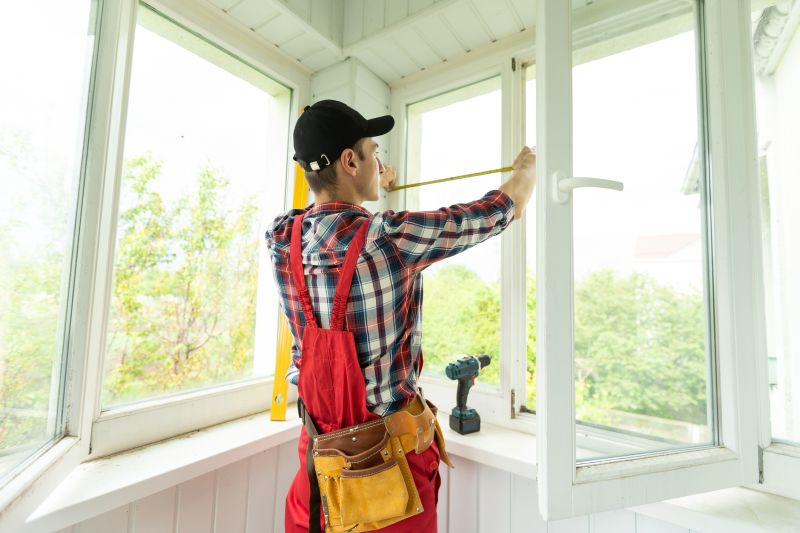
Little measurements that prevent headaches on Storm Restorations day.
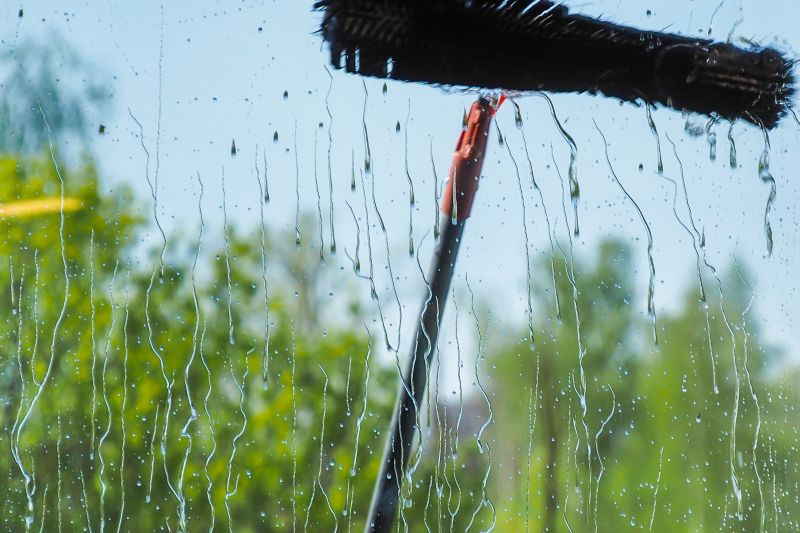
A 60-second routine that keeps Storm Restorations looking new.

A frequent mistake in Storm Restorations and how to dodge it.
Interested property owners in Ormond Beach, FL, are encouraged to contact for more information about storm restoration services and scheduling. Proper timing and planning can help mitigate storm damage impacts and ensure property resilience.


